When the pandemic first triggered lockdowns in the United States in 2020, Mary Alice Duff spent months at a time working remotely in her family home in Philadelphia.
As an escapist way of dealing with the pressure of running her plus-sized fashion label from home, she took to the internet. With her six-year-old tucked into bed, she would browse French real estate websites.
“That had become my stress relief for dealing with Covid,” she said.
What began as a way to relax after a long day gradually morphed into something more real.
As they were getting ready to go to sleep one night, she turned to her husband, Alex, and asked him where he would live if he could choose anywhere in the world. Both of them had roots in Philadelphia stretching back multiple generations. He looked her dead in the eye and said “the south of France”.
Mary Alice was delighted, but not entirely surprised – Alex had been trained as a chef in French-style cuisine and was always complaining about a lack of good cheese markets.
“The next morning, I woke up and I was like, why don’t we move to the south of France?!”, said Mary Alice.
For a year, the couple did “tonnes of research”: reading The Local; trying to decide which part of the country to move to; looking for an apartment; investigating transport links and schools; taking basic French classes and of course applying for visas. They also joined Facebook groups to reach out to foreign residents in France for advice.
The family told all their friends that they would be moving to France and booked tickets.
“It definitely with the motivation. It helps to make your goals public,” she said.
In the last week of Mary Alice, Alex and their daughter, Alice, took the plunge and moved to Montpellier – despite having never set foot in France before.
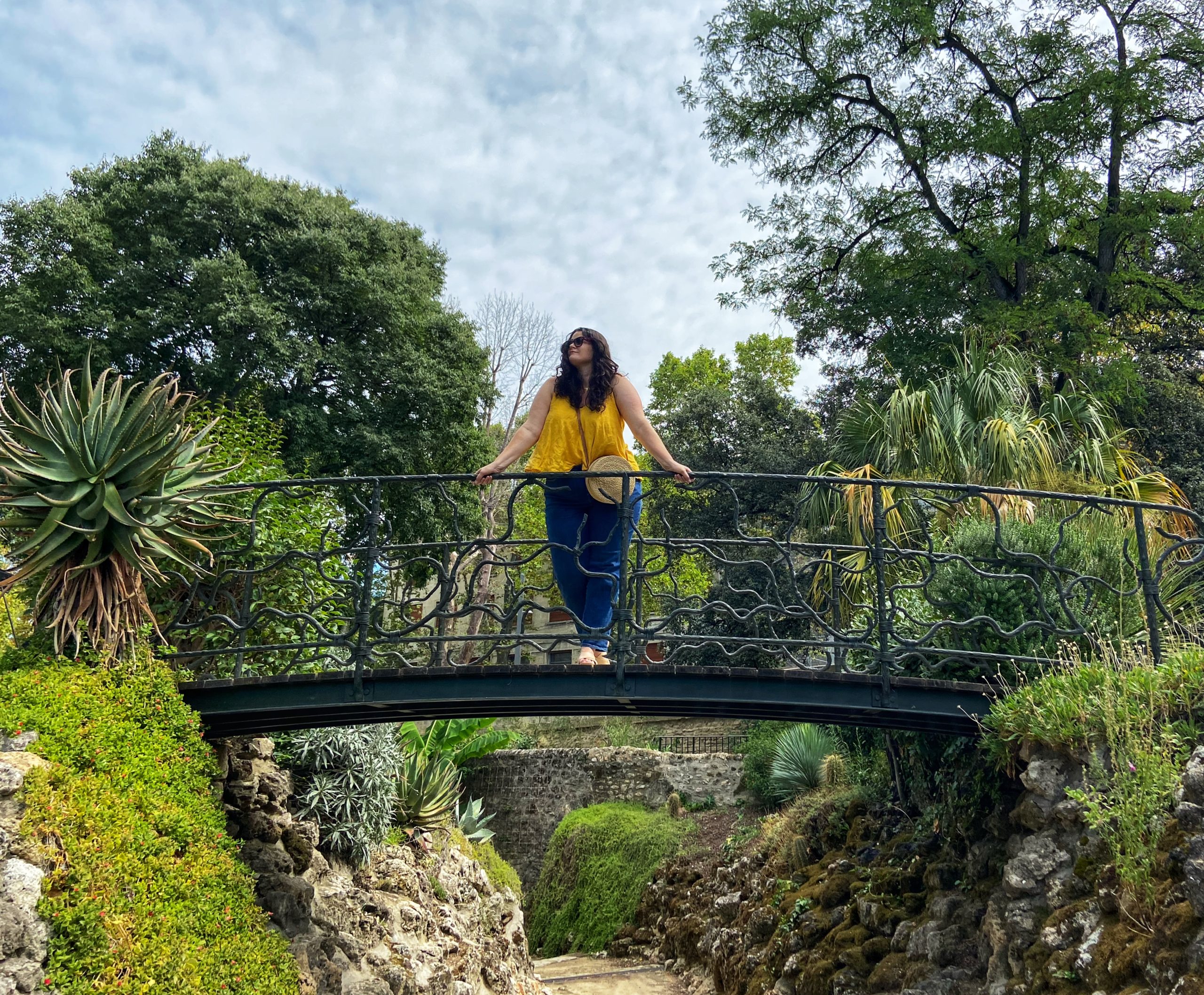
It was when they moved into their first place, a temporary Airbnb, that Mary Alice had her first culture shock.
“Things are generally smaller in France, and I’m a big person,” she said.
“I had to duck to walk up the stairs and the shower… I would say it was like getting showered in a coffin. It was so small I had to shimmy into it. It was awful.”
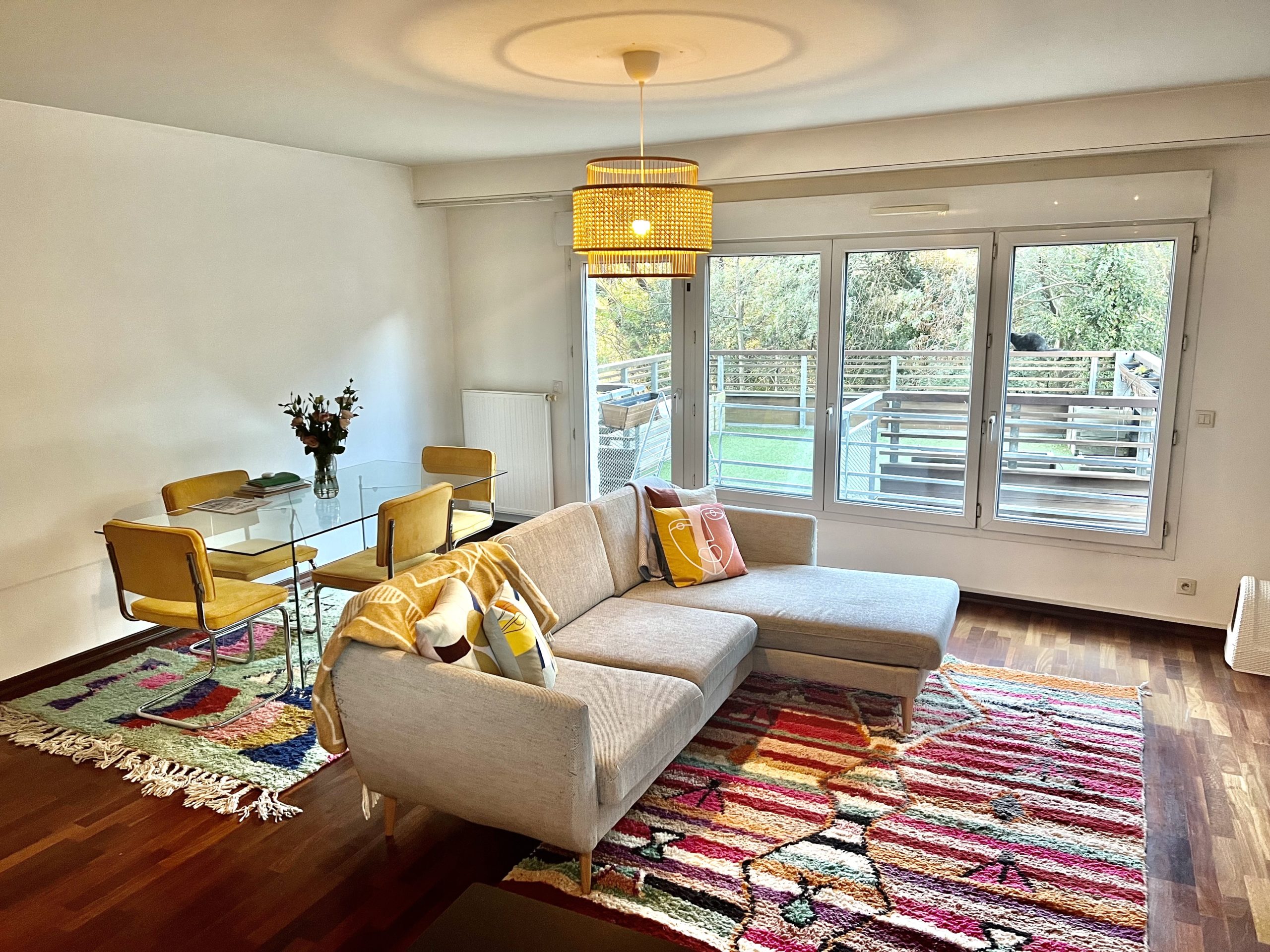
With the help of a relocation agency, Mary Alice and her family eventually moved into a new home, just a short bike ride from the beach – much to the delight of the couple’s young daughter.
“I’ve always said if I could ever live somewhere that has both a city and a beach I will be in heaven. I just never thought I actually afford it because those cities are usually like California,” said Mary Alice. “Then we found Montpellier.”
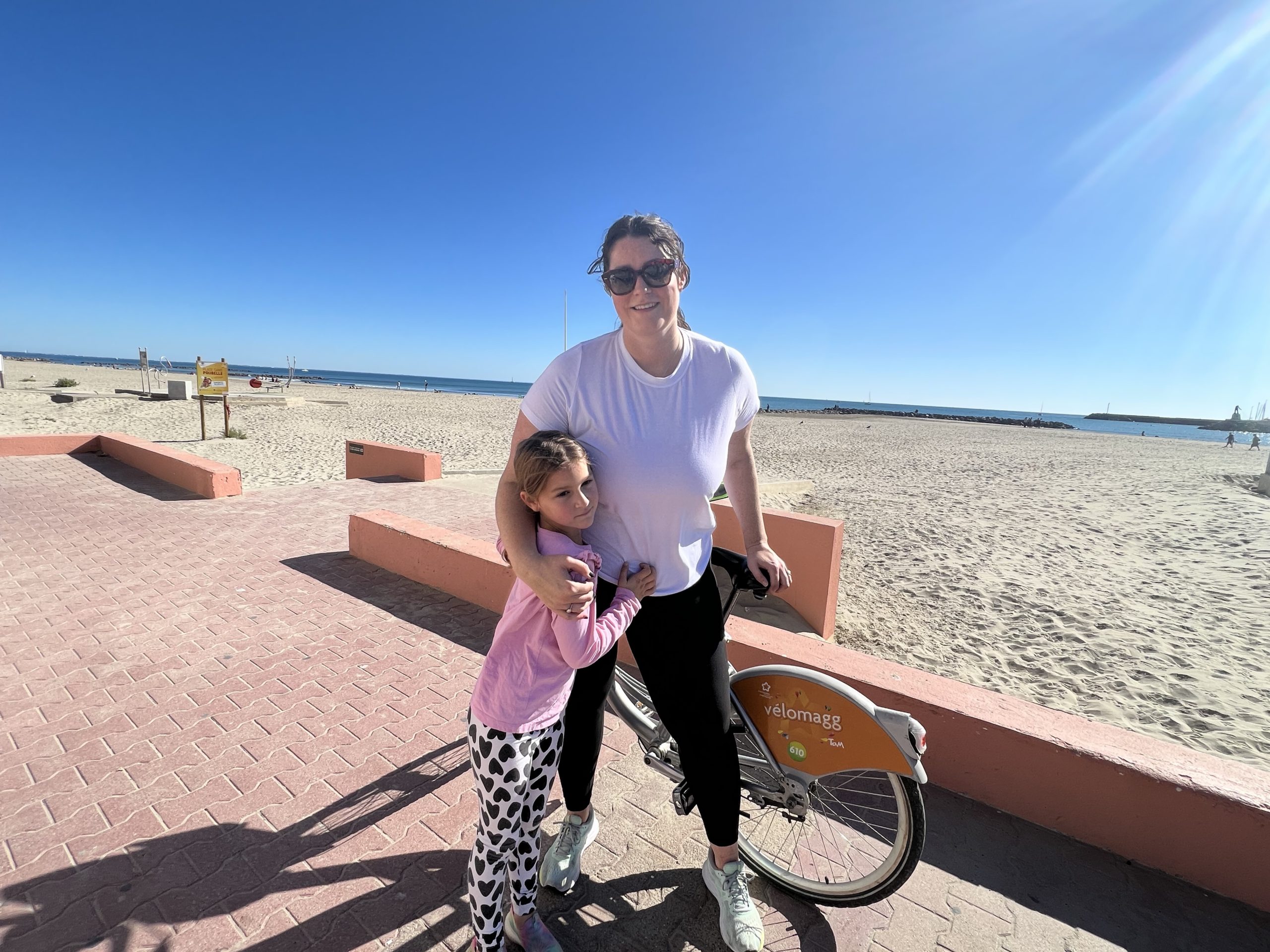
But it was more than the beach that attracted the family to this city in particular town.
It was less expensive than areas further towards the southeast, had good weather, nice architecture, a large international community and a bilingual private school, with which her daughter was “thrilled” with from the very first day of class.
“I do think if she was in a public school, she would be much further along in French, out of necessity. But I thought it would be a little much just throw her in a public school without speaking a French. The transition felt a little harsh for me,” said Mary Alice.
Alice Alexander, the clothing business, is doing very well by tapping into an undersupplied European market.
“In Europe there are virtually no high quality plus-size options in terms of clothing. I literally haven’t bought a single piece of clothing here in seven months, because I can’t just pop into a shop and get something,” said Mary Alice.
Her husband enjoys cooking French cuisine with fresh ingredients every day and the couple are enjoying the typically chilled out Mediterranean culture of long lunches and a slower pace of life.
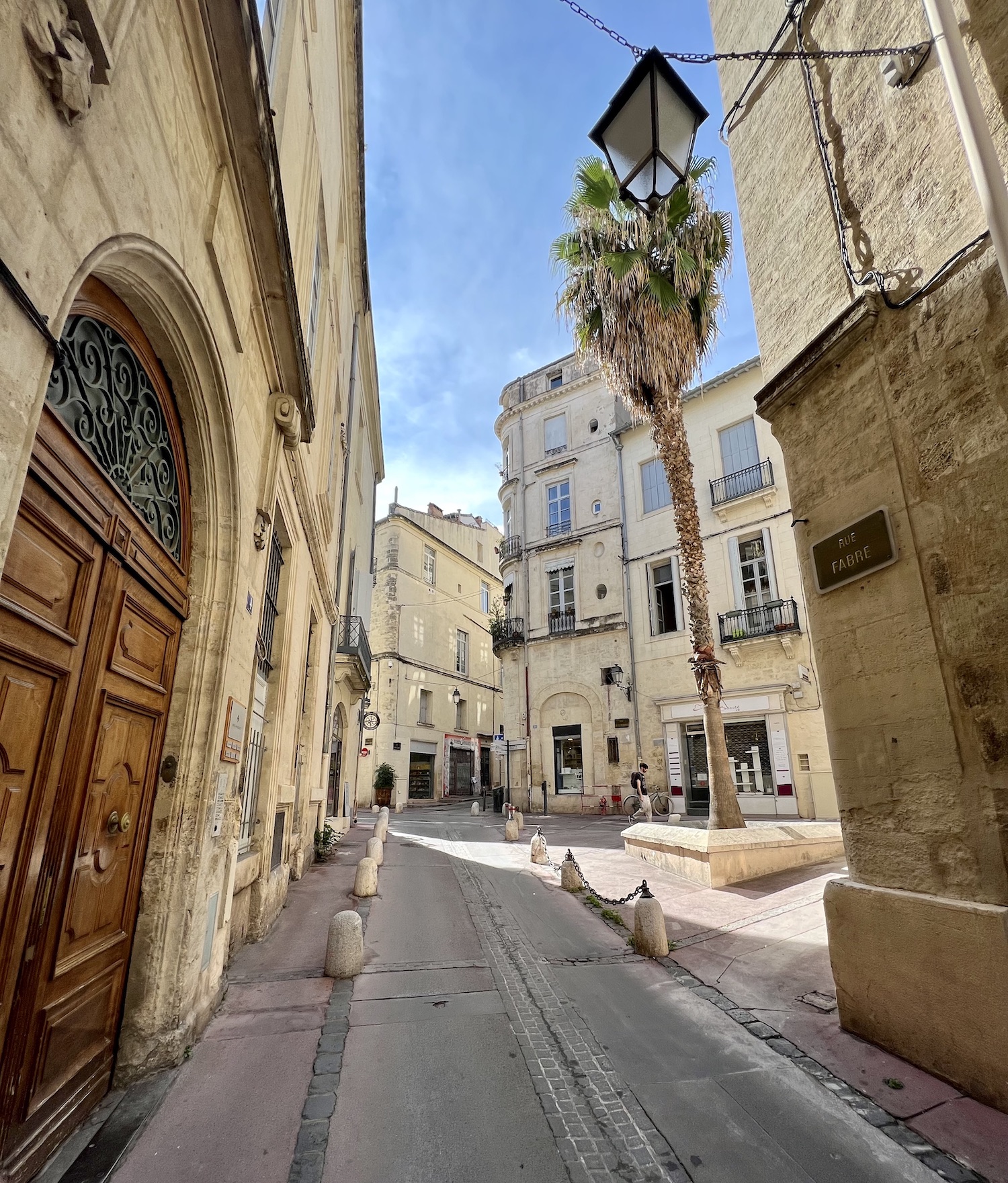
The family have begun to make good friends – both locals and other foreign residents – and are delighted how friendly and polite everyone is.
“It is a legitimate thing here to say hi to people when you’re walking down the street, go into a shop or get onto the bus. Where I come from, if you shout across the bus to say ‘thank you, bye’, everyone would be like, ‘what’s wrong with this person?!'”.
Mary Alice’s French is a work in progress – but this hasn’t posed too much difficulty so far.
“I’ve lost this self-consciousness when it comes to the language. I am willing to try to get my point across. Even when French people start speaking to me in English, I keep speaking in French because I’m not going to learn if I don’t try,” she said.
“People in the south are so friendly. Every time I go into the shop and try to explain myself, they take their time. Sometimes we take out out phones and Google Translate with each other. We’re fine. There’s enough tech.”
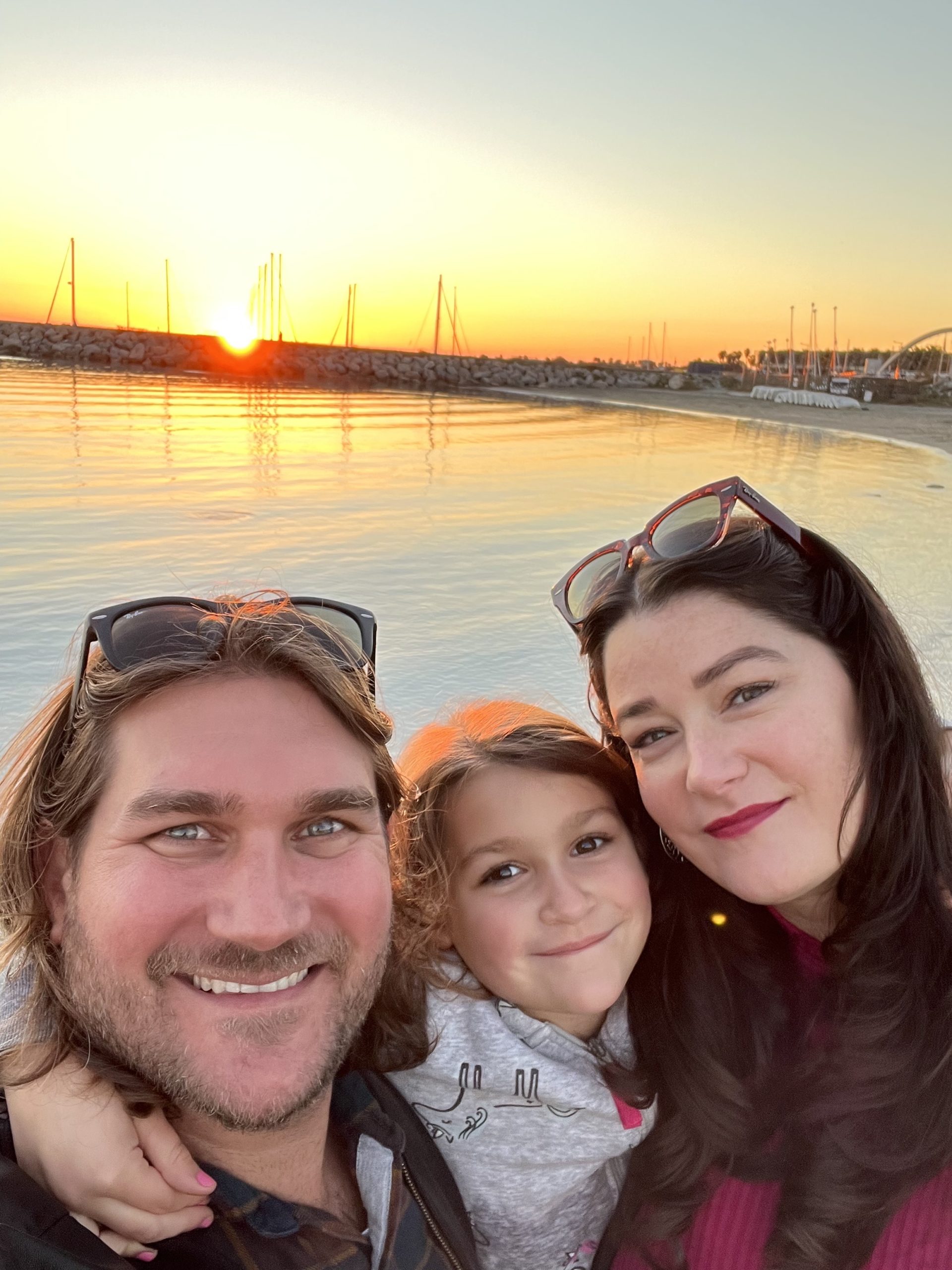
Mary Alice believes that sometimes in life, it is worth taking a leap of faith.
“Me and my husband’s original agreement with each other was we were going to try for two years, and if we were both miserable, we could say ‘Okay, we’ve had enough,'” she said.
“I would say my biggest thing is you just have to try and you have to be willing to fail. You have to be willing to make a fool of yourself and for people to say, ‘Are you crazy? Like, what are you thinking?'”
“There is nothing worse than wondering what could have been.”
If you want to practice your French listening skills and learn more about the story of Mary Alice, Alex and Alice, you can watch a documentary about their story, released on TF1 on Saturday, here.

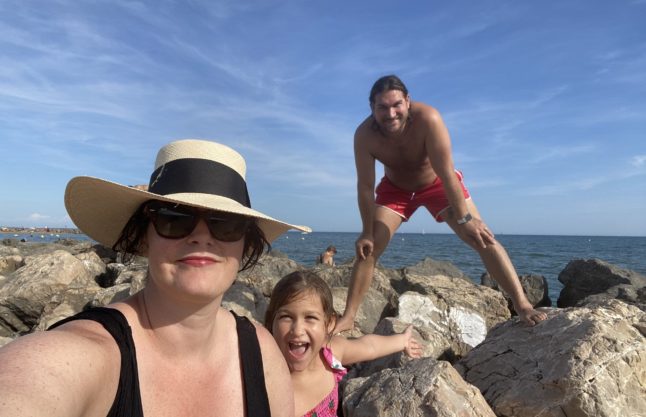

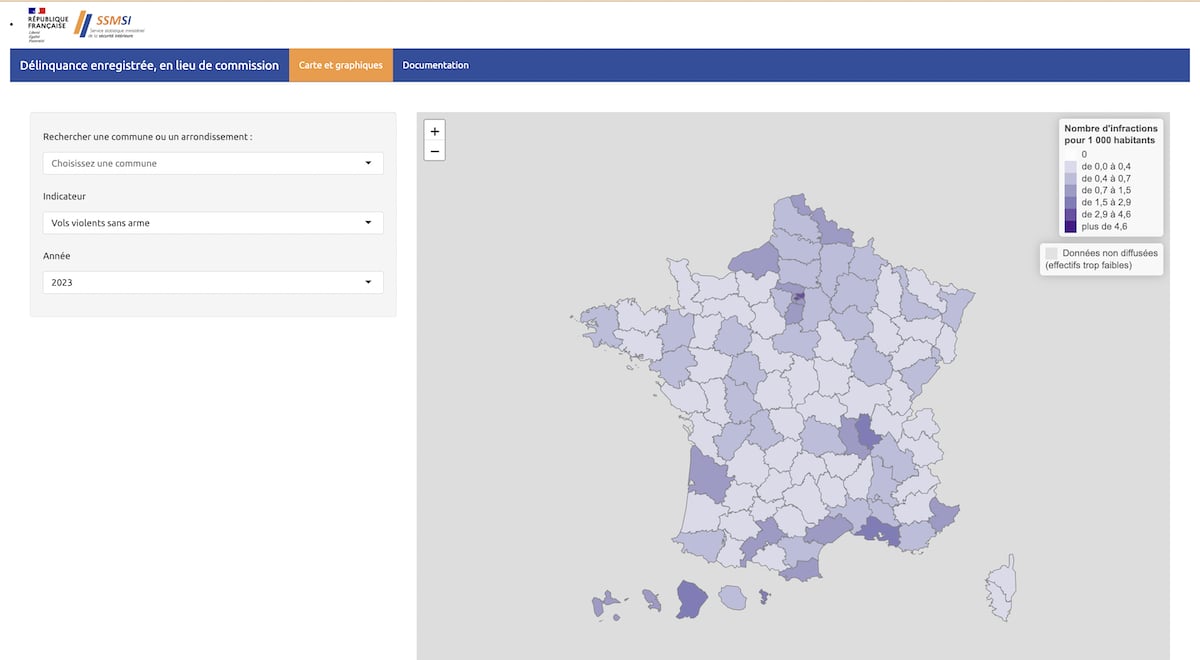
 Please whitelist us to continue reading.
Please whitelist us to continue reading.
This article needs proofreading.